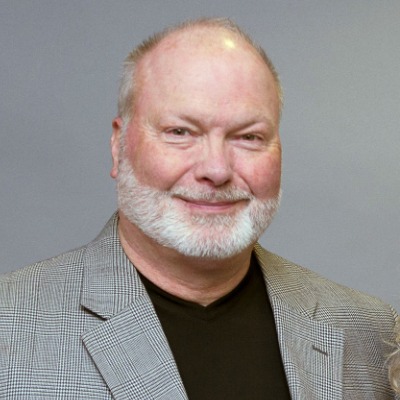On July fourth, 1776, the Continental Congress of the thirteen American colonies declared their independence from Great Britain. A new nation was born taking upon itself the responsibility for self-government.
But the founding fathers, and indeed other national leaders who followed them, understood that without the dependence of individual citizens on Almighty God, our form of government would be doomed.
Second president of the United States, John Adams, observed:
We have no government armed with power capable of contending with human passions unbridled by morality and religion. Our Constitution was made only for a moral and religious people. It is wholly inadequate for the government of any other.
In other words, Adams believed that this newborn republic was totally dependent upon the moral and religious self-discipline of its people and that our form of government by its inherent design, simply will not work unless the people of the nation employing it, first govern their own behavior after a moral and religious fashion.
John Adams’ cousin, Samuel Adams served as governor of Massachusetts and a member of the Continental Congress. Following are his nearly prophetic sentiments concerning the correlation between virtue and freedom:
A general dissolution of principles and manners will more surely overthrow the liberties of America than the whole force of the common enemy. While the people are virtuous they cannot be subdued; but when once they lose their virtue then will be ready to surrender their liberties to the first external or internal invader.
The above was a common sentiment among our founding fathers, and one about which they spoke openly and often. Benjamin Franklin said simply and succinctly:
Only a virtuous people are capable of freedom. As nations become corrupt and vicious, they have more need of masters.
None better, in my humble opinion, spoke history’s observable truth better than Robert Charles Winthrop, speaker of the house for the 30th U.S. Congress:
Men, in a word, must necessarily be controlled by a power within them or by a power without them; either by the Word of God or by the strong arm of man; either by the Bible or by the bayonet.
Freedom is our heritage, and we have now become its stewards. We cannot pass on this free-dom, unless we first pass along our faith.



